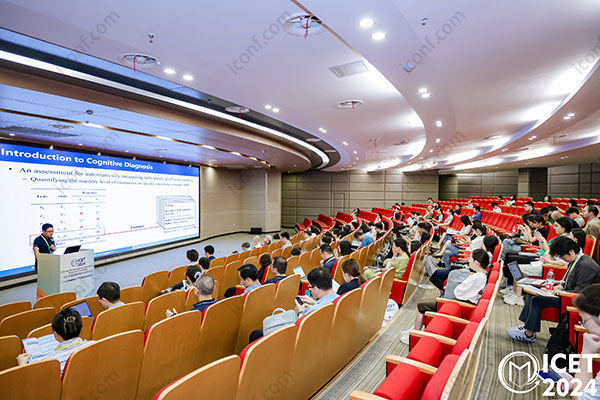

526 views||Release time: Jun 16, 2025
When submitting papers to international conferences, many researchers ask: Does SCI index conference papers? or What category does SCI conference indexing fall under? These are crucial questions for scholars aiming to boost their academic credentials.
This article breaks down the role of SCI in indexing, explains how conference papers are treated, and highlights how platforms like iconf.com can help you select the right indexed conferences.

SCI stands for the Science Citation Index, a prestigious citation database managed by Clarivate Analytics. It indexes high-impact journals in fields like science, engineering, and medicine.
There are several extensions of SCI, including:
SCI-Expanded (SCIE)
SSCI (Social Sciences Citation Index)
AHCI (Arts and Humanities Citation Index)
These indexes are primarily journal-focused, not conference-focused.
Here’s the key point: SCI does not index conference proceedings. Unlike EI or Scopus, which often include both journals and conference proceedings, SCI strictly indexes peer-reviewed journal articles.
Therefore, if a conference claims to be "SCI indexed," it typically means selected papers from the conference may be recommended to SCI-indexed journals for post-conference publication. This is sometimes referred to as a journal recommendation track, but not direct SCI indexing.
If you're looking to have your conference paper officially indexed, consider these:
EI Compendex: Recognized for engineering and technology conferences
Scopus: Covers both journals and many high-quality conferences
IEEE Xplore: Often used for technology-based proceedings, which may be indexed in Scopus or EI
CPCI (Conference Proceedings Citation Index): A Clarivate product that indexes some high-level conferences, but not under SCI
So, SCI is not the right category for conference paper indexing. It belongs strictly to journal indexing.
The confusion often arises from misleading conference advertisements. Some organizers market their events by saying “SCI publication”, implying that accepted conference papers might be invited for journal extension. However, that’s not the same as SCI indexing of the conference itself.
Always verify:
Whether the conference proceedings will be indexed
Whether there is journal collaboration for extended versions
Which databases the conference is officially associated with
This helps you set clear expectations and avoid misunderstandings.
Using a trusted platform like iconf.com can eliminate ambiguity by:
Clearly listing which indexing databases apply to each conference
Separating conference proceedings from journal extensions
Providing submission and deadline information in a structured way
Avoiding misleading indexing claims often seen in promotional flyers
This transparency helps researchers focus on real academic value instead of getting trapped by vague indexing promises.
To summarize, SCI is a journal-based indexing system and does not index conference proceedings directly. If you're aiming to publish in an SCI-indexed journal, look for conferences that offer a journal publication track. For conference indexing, rely on platforms like Scopus, EI, or CPCI.
Understanding this distinction will help you better plan your publication strategy and choose the right conferences through services like iconf.com.